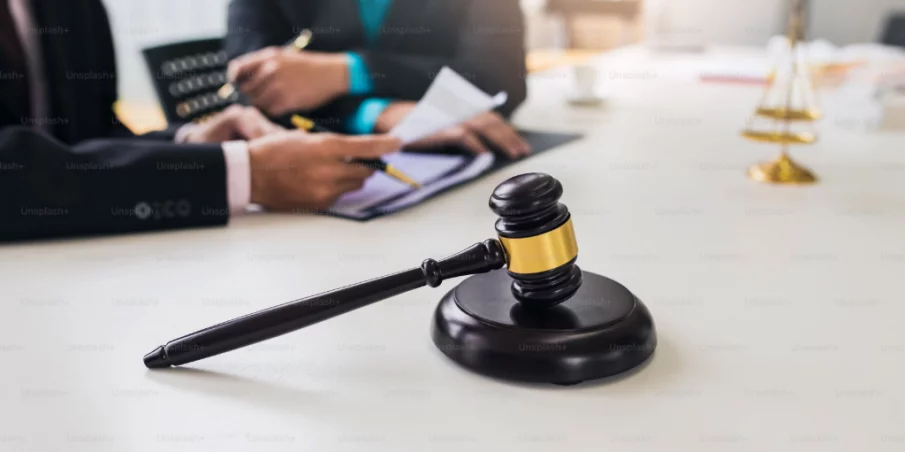Do You Have to Pay for a Public Defender?
When facing legal troubles, many individuals wonder about their options for legal representation, particularly regarding public defenders. The question often arises: Do you have to pay for a public defender? This article will delve into the intricacies of public defender services, eligibility criteria, potential costs, and what you need to know if you find yourself in need of legal aid.

Understanding Public Defenders
Public defenders are attorneys provided by the state to represent individuals who cannot afford private legal counsel. Their primary role is to ensure that everyone receives a fair trial, regardless of their financial situation. Public defenders are crucial in upholding the right to legal representation as guaranteed by the Sixth Amendment of the U.S. Constitution.
Who Qualifies for a Public Defender?
Eligibility for a public defender typically hinges on two main factors: income level and the seriousness of the charges. Most jurisdictions have specific guidelines that determine whether an individual qualifies as "indigent" (unable to pay for legal representation).
- Income Guidelines: Generally, if your income falls below a certain threshold—often calculated based on family size—you may qualify for a public defender. For example, in some states, an individual with an annual income below $26,355 may be eligible.
- Nature of Charges: The type of charges you face also plays a significant role. Individuals charged with felonies or serious misdemeanors that carry potential jail time are more likely to be appointed a public defender than those facing minor infractions.
Application Process
If you believe you qualify for a public defender, the application process usually begins at your first court appearance or arraignment. You will typically be required to fill out a form detailing your financial situation, including income, expenses, and assets. This information helps the court determine your eligibility.

Do You Have to Pay for a Public Defender?
The short answer is: not usually. If you cannot afford an attorney, you will not have to pay for a public defender upfront. However, there are some important nuances to consider:
- Repayment Obligations: In certain cases, if you receive a public defender and later find yourself financially stable—perhaps due to a job promotion or inheritance—you may be required to repay some or all of the costs associated with your defense. This repayment is generally determined by the court based on your financial circumstances at that time.
- Processing Fees: Some jurisdictions may charge nominal processing fees when appointing a public defender. For instance, there might be a small fee (like $25) that is assessed during the application process.
Costs Associated with Public Defenders
Public defenders are funded through taxpayer dollars. Their salaries and operational costs come from state and local government budgets. The financial implications of public defenders can vary significantly based on:
- Location: Different states and municipalities allocate varying amounts of funding for public defense services. Some areas may have more resources available than others.
- Case Load: Public defenders often handle large caseloads due to high demand for their services. This can impact the amount of time they can dedicate to each case.
Why Are Public Defenders Important?
Public defenders such as Sumner County public defenders play an essential role in ensuring justice within the legal system. They provide critical support for individuals who might otherwise navigate complex legal proceedings without representation. Without public defenders, many people would be unable to defend themselves adequately in court, leading to unfair trials and outcomes.

Common Misconceptions About Public Defenders
There are several misconceptions surrounding public defenders that can lead to confusion:
- Quality of Representation: Some people mistakenly believe that public defenders provide inferior legal representation compared to private attorneys. While it is true that public defenders often face overwhelming caseloads, many are highly skilled professionals dedicated to their clients' rights.
- Automatic Appointment: Not everyone who requests a public defender will automatically receive one. The court must determine eligibility based on financial need and case severity.
- Limited Resources: Although public defenders may have fewer resources than private firms, they often collaborate with investigators and experts when necessary to build strong defenses for their clients.
Conclusion
According to legal experts who write for us on law and legal matters, if you find yourself in need of legal representation but cannot afford an attorney, you likely qualify for a public defender at no upfront cost. While there may be some situations where repayment is required later or small processing fees apply, the primary goal of public defenders is to ensure fair access to justice for all individuals.
Understanding your rights and options regarding legal representation can alleviate some stress during challenging times. If you're ever unsure about your eligibility or how the process works, don't hesitate to reach out directly to your local public defender's office for guidance.
More to Read:
Previous Posts:










